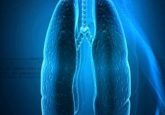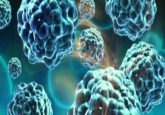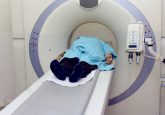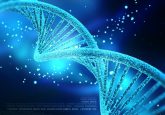DNA repair in lung cancer: potential not yet reached
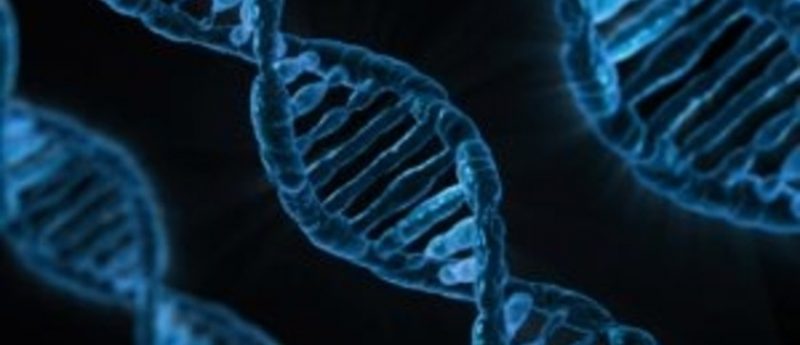
DNA repair is critical in maintaining genomic integrity and survival of all cells, and is especially important in the lungs. Lung tissue is exposed to a wide array of exogenous chemicals and insults on a constant basis. Many of these agents are capable of inducing DNA damage and repairing this damage is critical to maintain proper lung function. DNA damage resulting from these agents ranges from double strand breaks, single strand breaks, base damages, bulky adducts, intra- and inter-strand cross links as well as breakdown of replication fork lesions. Upon recognizing DNA damage, cells initiate a myriad of signaling pathways collectively referred to as DNA damage response (DDR). The activation of DDR leads to DNA repair, suppression of global translation, cell cycle arrest and ultimately, either cell survival or cell death [1].
Click here to view the full article in our partner journal Lung Cancer Management.
